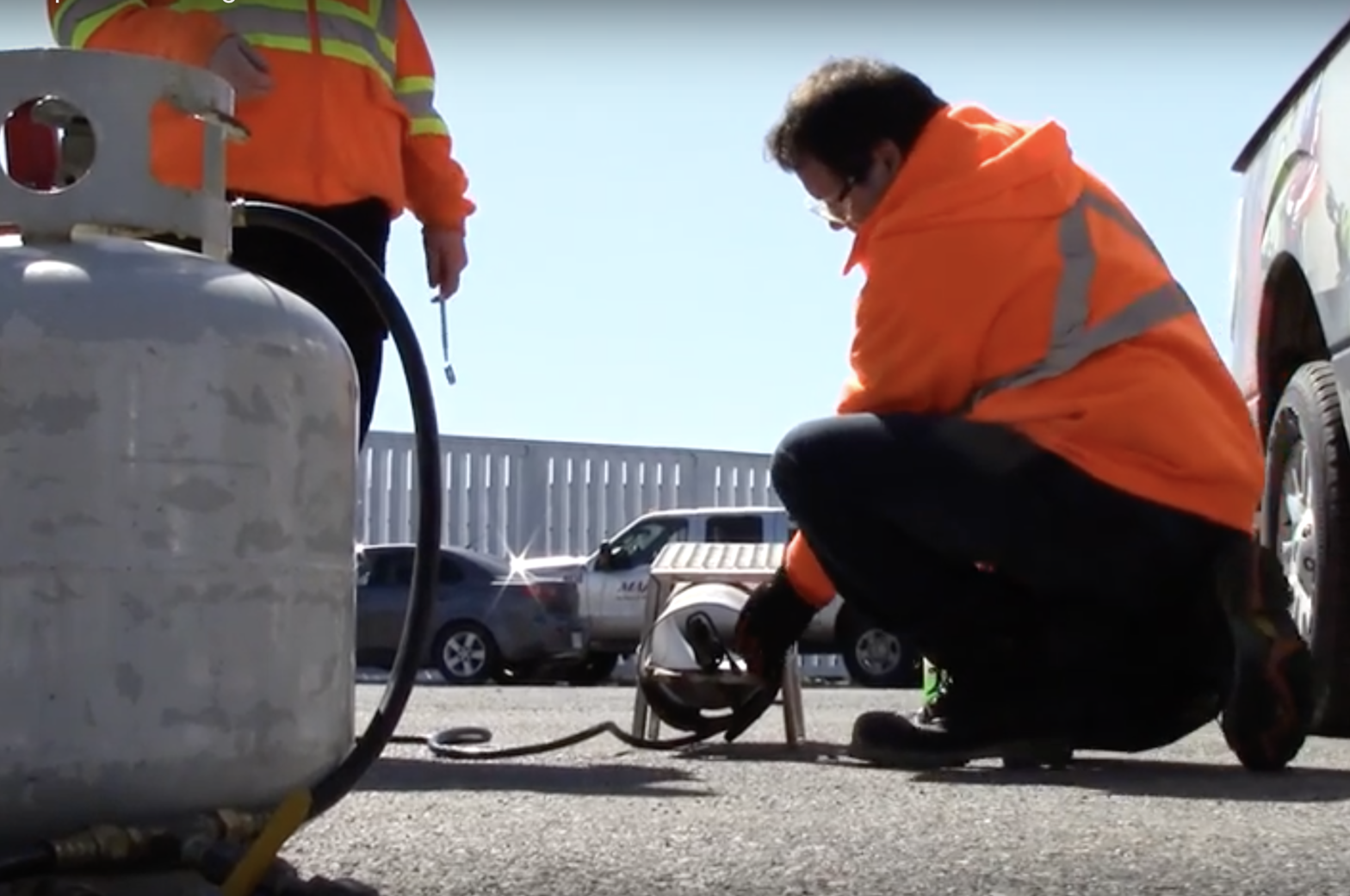Propane Industry Regulations: A Roadmap for Business Owners

In the propane industry, adherence to regulations is not just good practice – it’s essential for safety, legality, and maintaining trust with customers. Understanding and navigating these regulations can seem daunting, but with the right knowledge and approach, propane business owners can ensure compliance while running a smooth operation. In this guide, we highlight the key regulations that govern the propane industry and provide practical insights for business owners to stay compliant.
Understanding Regulations
The propane industry is subject to various regulations at the federal, state, and local levels. These regulations cover areas such as transportation, storage, handling, distribution, and safety standards. It’s crucial for business owners to familiarize themselves with these regulations to avoid penalties, maintain operational integrity, and protect the well-being of employees and customers.
Federal Regulations
At the federal level, the Department of Transportation (DOT) oversees regulations related to the transportation of propane. This includes requirements for proper labeling, packaging, and handling of propane cylinders and tanks during transportation. Additionally, the Occupational Safety and Health Administration (OSHA) sets standards for workplace safety, including protocols for handling hazardous materials like propane.
State and Local Regulations
State and local regulations may vary, but they often include licensing requirements for propane businesses, zoning regulations for storage facilities, and safety inspections to ensure compliance with fire codes and environmental regulations. It’s important for business owners to stay informed about these regulations and work closely with local authorities to meet their requirements.
Best Practices for Compliance
To navigate propane industry regulations effectively, business owners can implement several best practices:
1. Conduct Regular Training: Provide comprehensive training for employees on safety protocols, regulatory requirements, and emergency procedures to ensure everyone understands their roles and responsibilities.
2. Maintain Accurate Records: Keep detailed records of propane transactions, safety inspections, maintenance activities, and employee training to demonstrate compliance in the event of an audit or inspection.
3. Invest in Safety Equipment: Equip your facility with proper safety equipment, including fire extinguishers, gas detectors, personal protective gear, and emergency shutdown systems, to mitigate risks and ensure a safe working environment.
4. Stay Updated: Stay abreast of regulatory changes, industry standards, and best practices through industry associations, government websites, and professional networks, and adapt your operations accordingly.
A Foundation for Success
Navigating regulations in the propane industry is a critical aspect of running a successful and responsible business. By understanding the regulatory landscape, staying informed of the requirements, and implementing best practices for compliance, propane business owners can safeguard their operations, protect their employees and customers, and maintain trust and credibility within the industry.










